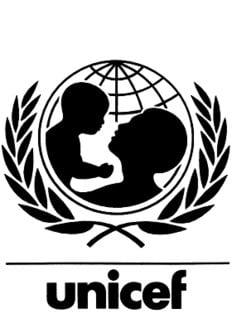Introduction to the Water Crisis in Afghanistan
Afghanistan is experiencing a severe water crisis that impacts millions of people. Access to clean and safe water is vital for the health and well-being of the population, yet countless residents struggle to find this essential resource. Research shows that factors like drought, mismanagement, and ongoing conflict have exacerbated the problem.
UNICEF’s Role in Mitigating the Crisis
UNICEF is at the forefront of efforts to address the water crisis in Afghanistan. They work tirelessly with local partners to implement sustainable water solutions, ensuring that communities receive the support they need. Their initiatives focus on providing not only immediate relief but also long-term strategies to secure water resources.
Collaboration with Local Governments
Partnerships with local governments are essential in the fight against the water crisis. UNICEF collaborates closely with various Afghan authorities to enhance the local capacity for water management and distribution. This collaborative approach has helped to tailor water programs to meet the unique needs of different regions.
Health Implications of the Water Crisis
The lack of clean water has devastating health implications for Afghans. Contaminated water sources contribute to the spread of diseases, particularly among vulnerable populations like children and the elderly. UNICEF’s interventions focus not only on delivering water but also on promoting hygiene and sanitation practices to ensure the overall health of communities.
Community Engagement and Education Programs
Community engagement is a key component of UNICEF’s approach to the water crisis. By educating local populations about the importance of clean water and hygiene, UNICEF empowers communities to take ownership of their water sources. This has resulted in increased accountability and sustainability in water management practices.
Your Role: Supporting the Cause
Individuals can play a significant role in supporting initiatives to combat the water crisis. By raising awareness and contributing to reputable organizations, you can help make a difference. To learn more about the water crisis in Afghanistan and how to help, check out this resource: Water Crisis in Afghanistan.
Conclusion
The water crisis in Afghanistan is a complex issue that requires immediate attention and sustained efforts. Through the combined efforts of UNICEF, local partners, and global supporters, there is hope for a future where all Afghans have access to clean and safe water. It is only through collective action that meaningful change can be achieved.

